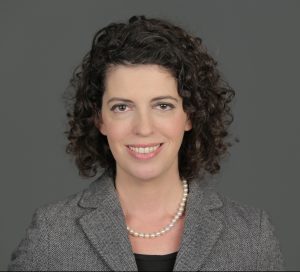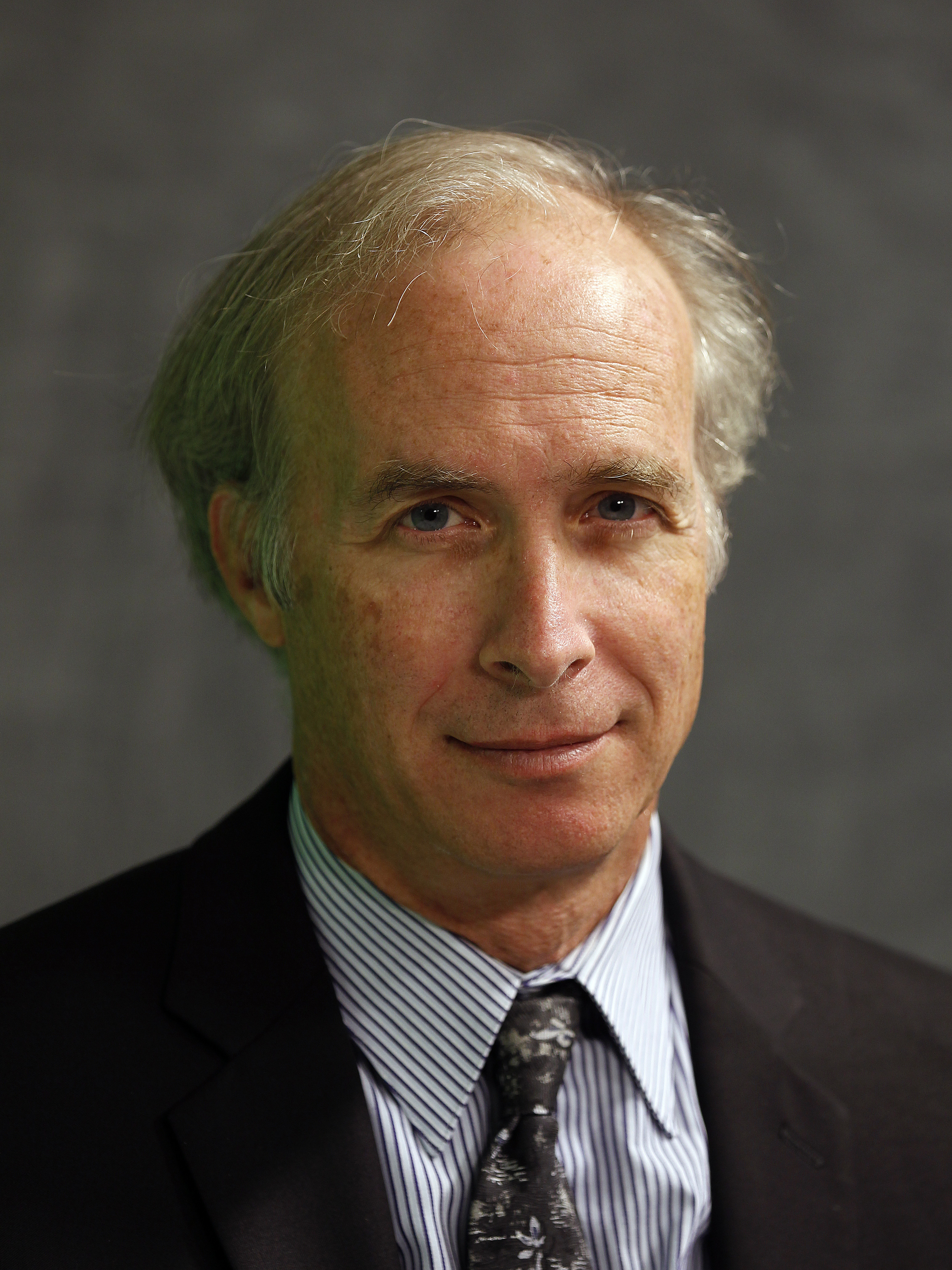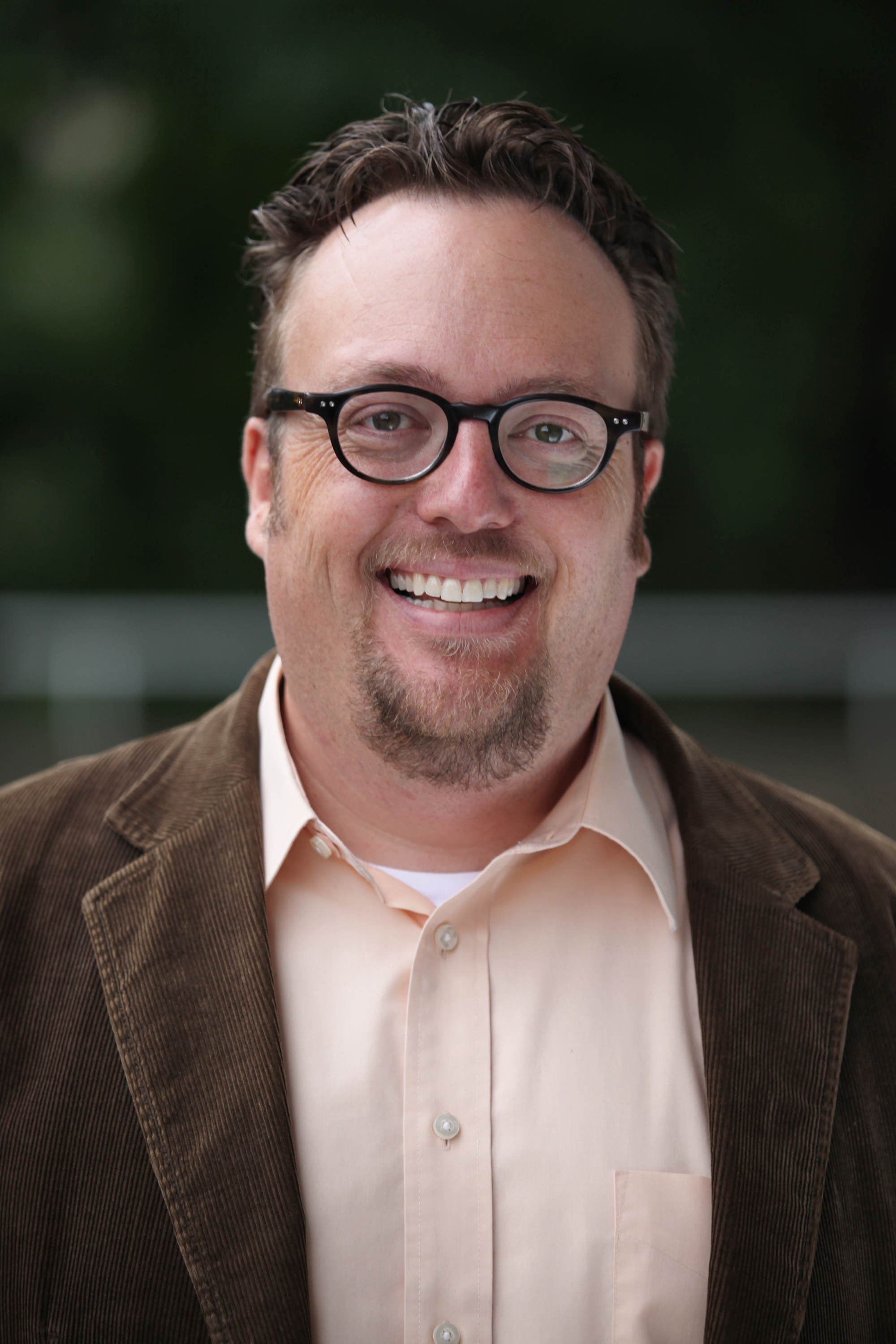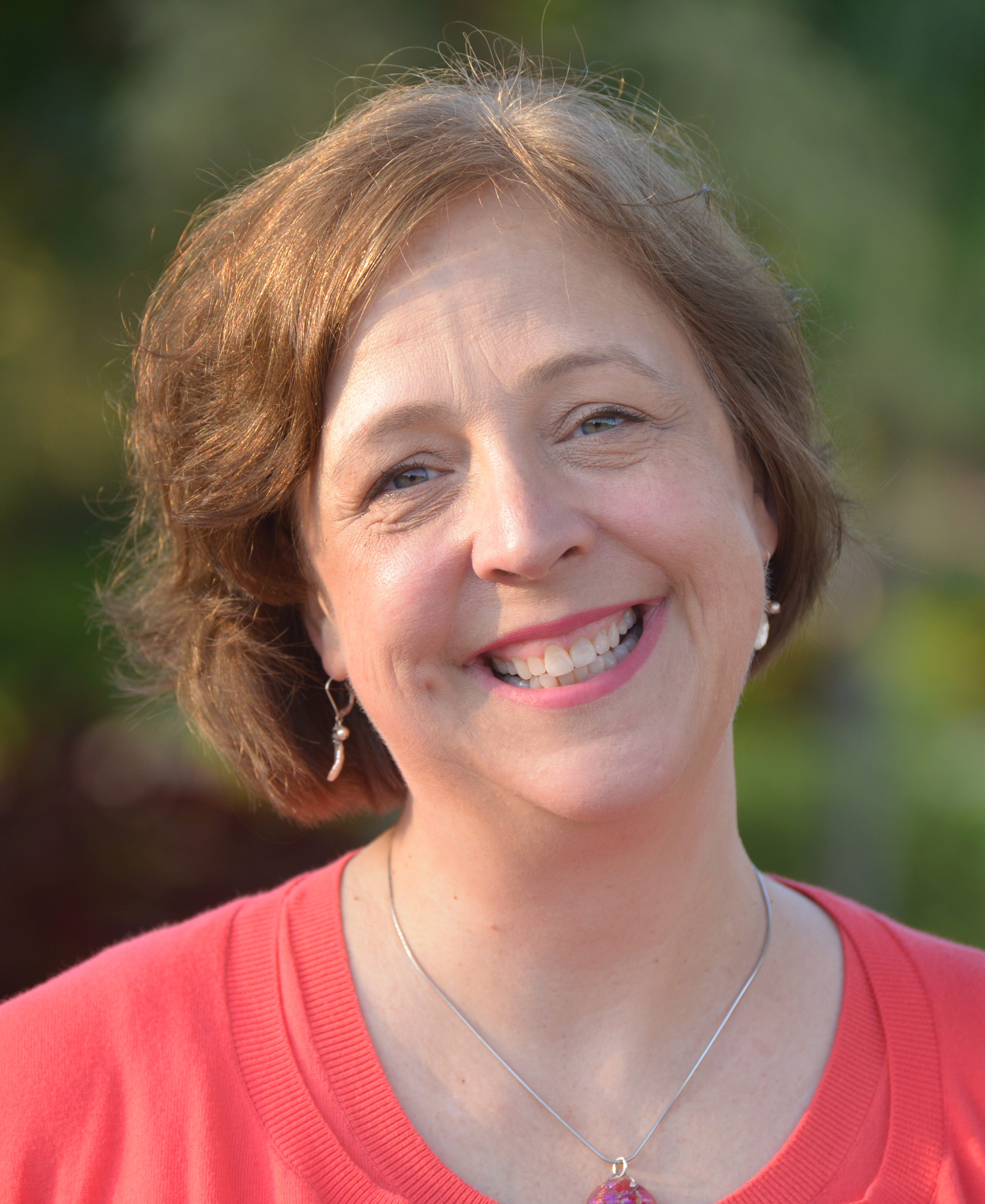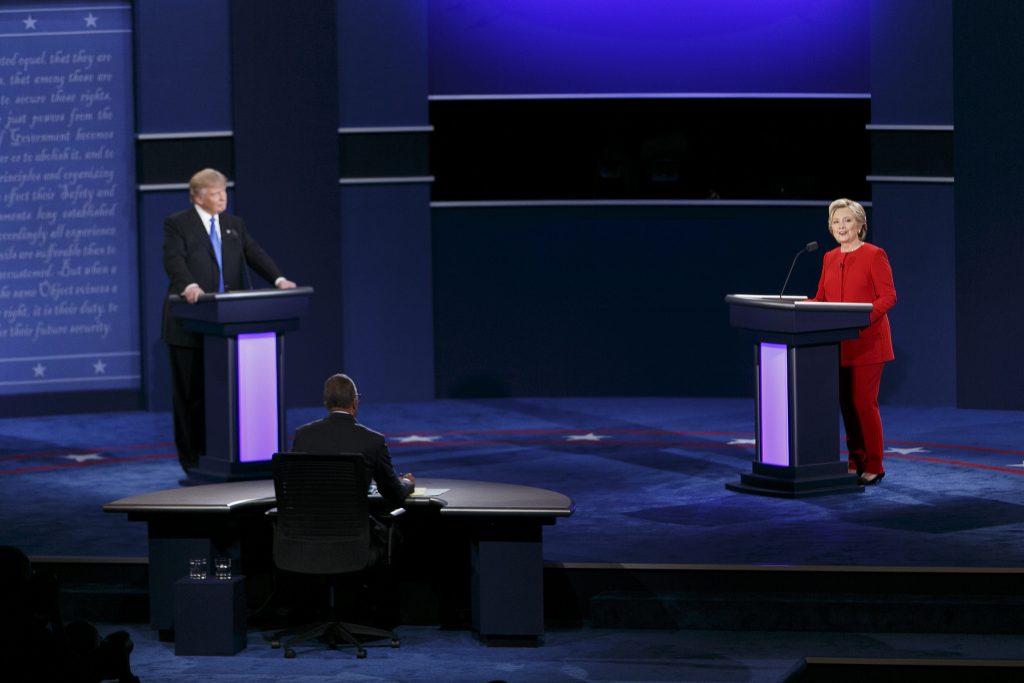
Hillary Clinton and Donald Trump square off in the first 2016 presidential debate. Photo by Hofstra University and used here with permission.
If there is one thing we’ve learned from years of judging at intercollegiate debate tournaments across the country, it is that the best decisions are made when both sides are held to the highest standards when constructing arguments.
Rather than intervening, we allow debaters to make mistakes, capitalize on strategic misfires, and argue their way to victory. We are acting as adjudicators, not moderators, and are often the sole voice in declaring a winner. In presidential debates, however, the voters are the adjudicators, and moderators must act as communicative conduits to ensure an informed electorate capable of making the best possible decision.
Caught between two seemingly irreconcilable perspectives on their role as either minimalist facilitator or relentless truth-seeker, moderators seem unable to escape scrutiny. Faced with inevitable conflict over nuanced topics distilled into value-laden sound bites, how should moderators ethically define their role within this vast political spectacle? Under what circumstances should a moderator interrupt the flow of the debate to fact-check a candidate? Answering these questions first requires some understanding of how presidential debates have evolved throughout history.
Rather than serving as mere facilitators, moderators have a primary responsibility to act on behalf of voters.
The first televised debates occurred in 1960 between John F. Kennedy and Richard M. Nixon and, according to presidential debate historian Alan Schroeder, included attempts by producers to craft a more interactive dialogue between the candidates though that format was vetoed by campaign advisors. Since then, presidential debates have matured from events that were, at times, glorified press conferences, to structured discussions with ample room for direct interaction between the candidates. More recent debates have seen increased participation from both moderators and audiences; it was not until 1988 that moderators began asking opening questions, and the town hall format was not introduced until 1992.
The use of YouTube and Twitter during the 2008 presidential debates demonstrates voters’ desire for candidates to respond directly to their voices. This election season, the Trump and Clinton campaigns agreed to historically weak restrictions on direct exchanges between the candidates, renewing conversations about the degree of moderator involvement.
the moderator
While it may be most objective for moderators to stay out of the debate, simply asking questions and enforcing the agreed-upon rules, this has become difficult in practice. The increasing amount of direct contact between candidates has created an occasional volley wherein a candidate will directly ask the moderator to intervene and influence their opponent’s behavior. For example, in the 2012 election cycle, Candy Crowley was pulled into several procedural disputes between Barack Obama and Mitt Romney, in addition to engaging in a heated fact-check over the Benghazi attacks. During the 2016 vice presidential debate, Elaine Quijano repeatedly intervened to enforce time constraints and refocus the candidates’ attention. Increased interaction, then, often necessitates a more active moderator to keep the debate from becoming unruly.
Moderators should first provide candidates with a chance to fact-check their opponent for themselves.
Going beyond drawing the moderators in to resolve a disagreement, candidates occasionally criticize their questions, behavior and ethics altogether. Ted Cruz’s tirade against the presidential primary moderators serves as an excellent example of how moderators are often forced into a more participatory role.
Open criticism by a candidate during the debate brings even the most passive moderators into the spotlight and grants them considerable influence over the direction of the discussion. Cruz was raising an important point about what ethical standards moderators ought to uphold when crafting their questions and what the function of debates ultimately should be.
the candidates
Presidential debates should inform voters of each candidate’s values and the policies they plan on implementing, but ultimately, candidates are interested in winning voters through whatever means necessary. That emphasis on swaying voters, often at the expense of accurately conveying political agendas, is a deeply flawed model for educating those who decide the fate of American leadership for the next four years.
Ideally, voters would be motivated to investigate claims made by each candidate. For many, however, the presidential debates and subsequent polarizing articles will determine the direction of their ballots. The stakes are far too high for candidates to present incomplete or inaccurate visions of their presidencies.
If candidates continue to peddle such thoroughly discredited information without acknowledging their context, they should expect immediate and impartial pushback.
If the goal of debates is to create an informed electorate, candidates should conduct the vast majority of fact-checking onstage. The reality, of course, is that candidates are incentivized to rebut only with the information that most benefits them, regardless of its proximity to the truth. Moderators, on the other hand, are agreed upon by both campaigns for their ability to act as neutral arbiters in a highly politicized environment. If candidates are to merely use the debate stage to reiterate their respective talking points, then there is no purpose in having a moderator at all.
Rather than serving as mere facilitators, moderators have a primary responsibility to act on behalf of voters. This is a difficult line to walk, as moderators must intervene in a way that benefits voters in every ideological corner. This requires particular attention in deciding where to fact-check so as to not become a focus of the discussion themselves. Each campaign has a core set of mistruths that it has relied on, from Trump’s support of the initial invasion of Iraq to Clinton’s claim that she never received classified emails on her private server while secretary of state. If candidates continue to peddle such thoroughly discredited information without acknowledging their context, they should expect immediate and impartial pushback.
Moderators should first provide candidates with a chance to fact-check their opponent for themselves, but then be ready to supplement the rebuttal with factual statements about previous political positions and figures from relevant primary sources. Additionally, introducing a topic or question with contextualizing information for those unfamiliar with the issues can raise the level of discourse and make it clear when a candidate is having an “Aleppo moment.”
the audience
How candidates respond to argumentative pushback in a debate is valuable information for voters, even if candidates dodge the follow-up question. A moderator doesn’t have to act as the “truth squad,” to use Chris Wallace’s words, to point out that a candidate is ignoring the original question or violating the agreed upon rules for speaking time limits. The audience can and will decide for themselves – but the moderator can still provide a useful context for potential voters to navigate issues. If our democratic problem is that we have an electorate that is overwhelmingly cynical, polarized and politically apathetic, we need debate moderators who will bridge candidates where they agree, highlight their differences and help voters translate abstract policies into their tangible impact on everyday life.
The audience can and will decide for themselves – but the moderator can still provide a useful context for potential voters to navigate issues.
Massive media spectacles like the debate draw an atypical audience that otherwise steers clear of politics, and that’s a wonderful thing. In this unique moment, moderators should not offload their journalistic responsibility to inform citizens onto dedicated fact-checking venues that publish hundreds of pages of post-debate fact-checks that many voters will never read. That being said, whoever ends up the 45th President of the United States will not do so solely because of the fact-checking decisions made by moderators. Broader dynamics are at play, but moderators can help set standards for how well-prepared we expect candidates to be when it comes to informing the public.
Ultimately, the onus is on voters to seek out resources and cast informed ballots, just as we have spent countless hours educating ourselves to fairly adjudicate debates. Moderators should have some obligation to be active facilitators in that process. They should not become the center of the story, but to write them off as passive, neutral facilitators of candidate conversation is to abdicate their responsibility to vocalize the needs of voters.

CV Vitolo is the Director of Debate at the University of Wisconsin-Madison and a doctoral student in the Communication Arts department. Their research concerns public deliberation and discourse surrounding science and medicine.
J ordan Foley is the Assistant Director of Debate at the University of Wisconsin-Madison and a doctoral student in the School of Journalism and Mass Communication. His research focuses on political communication, media psychology and public opinion.
ordan Foley is the Assistant Director of Debate at the University of Wisconsin-Madison and a doctoral student in the School of Journalism and Mass Communication. His research focuses on political communication, media psychology and public opinion.

